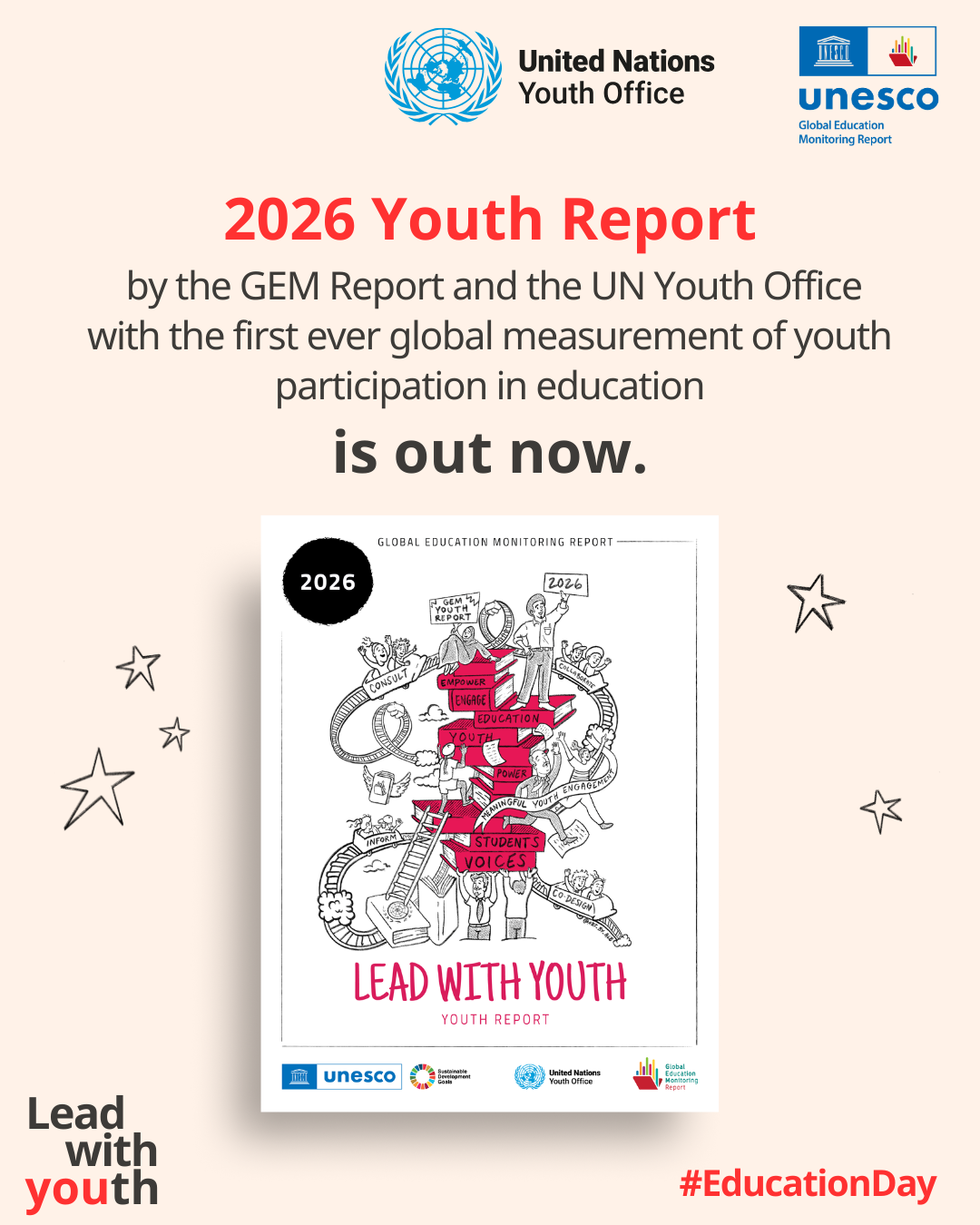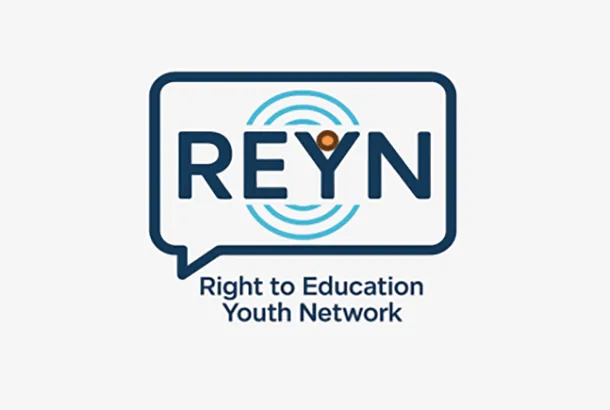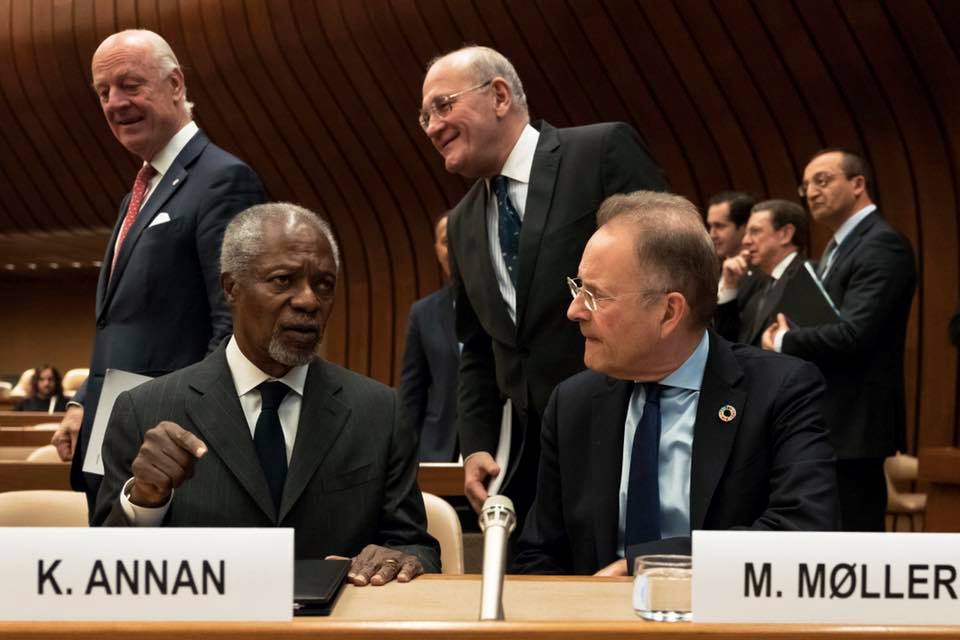The Global Student Forum (GSF), representing students around the world, calls on world leaders, stakeholders, and civil society to commit to transformative changes that prioritize education, social justice, and human rights.
Core Principles of Education
The GSF strongly emphasizes education as a fundamental human right and a cornerstone for achieving sustainable development. Investing in education promotes economic resilience and sustainable growth by fostering a skilled and adaptable workforce. It significantly reduces inequalities by ensuring equitable access to quality education, particularly for marginalized and vulnerable groups. Moreover, education is instrumental in strengthening democratic governance, civic participation, and social cohesion by empowering informed, engaged citizens. It also serves as a critical tool in driving climate action and environmental sustainability through education for sustainable development.
Perspectives on FfD4
Reforming the Global Debt Architecture
The GSF supports the establishment of a UN Framework Convention on Sovereign Debt to create a fair, transparent, and equitable debt resolution mechanism. The existing creditor-focused system currently undermines national priorities, particularly essential investments in education and social infrastructure. Debt relief mechanisms must explicitly consider the implications on human rights and education financing to ensure fairness and sustainability.
Democratizing Economic Governance
Inclusive governance at international financial institutions (IFIs) is essential. Meaningful representation of students and young people must be ensured so that decisions reflect diverse perspectives and uphold accountability. The strengthening of civil society and student participation in FfD processes is crucial to promoting transparency and democratic accountability.
Fiscal Justice and Progressive Taxation
Progressive taxation systems are fundamental in equitably mobilizing domestic resources to finance public services, including education. International tax cooperation should be strengthened, supporting a fair global tax regime that curbs illicit financial flows and redirects lost revenue toward essential public services.
Prioritizing Gender and Social Justice
Gender-responsive budgeting and policy-making must be integrated into all financial mechanisms to address and reduce gender disparities in educational access and outcomes. Investment in care economies and education should be prioritized as foundational sectors for achieving gender equality and empowerment.
Environmental Integrity and Climate Finance
Climate financing must be sufficient, equitable, and accessible, explicitly linking funding to educational initiatives aimed at building climate resilience and ecological literacy. We advocate for loss and damage funding mechanisms that recognize historical responsibilities and support educational programs and youth-led climate initiatives.
Conclusion
As students, we firmly believe that the current financial system requires fundamental changes to achieve equitable, inclusive, and sustainable development. We urge leaders at FfD4 to adopt ambitious, rights-based reforms that prioritize investment in education, uphold democratic governance, and champion social and environmental justice. Our collective future hinges on our ability and commitment to adequately fund education and empower the next generation.








